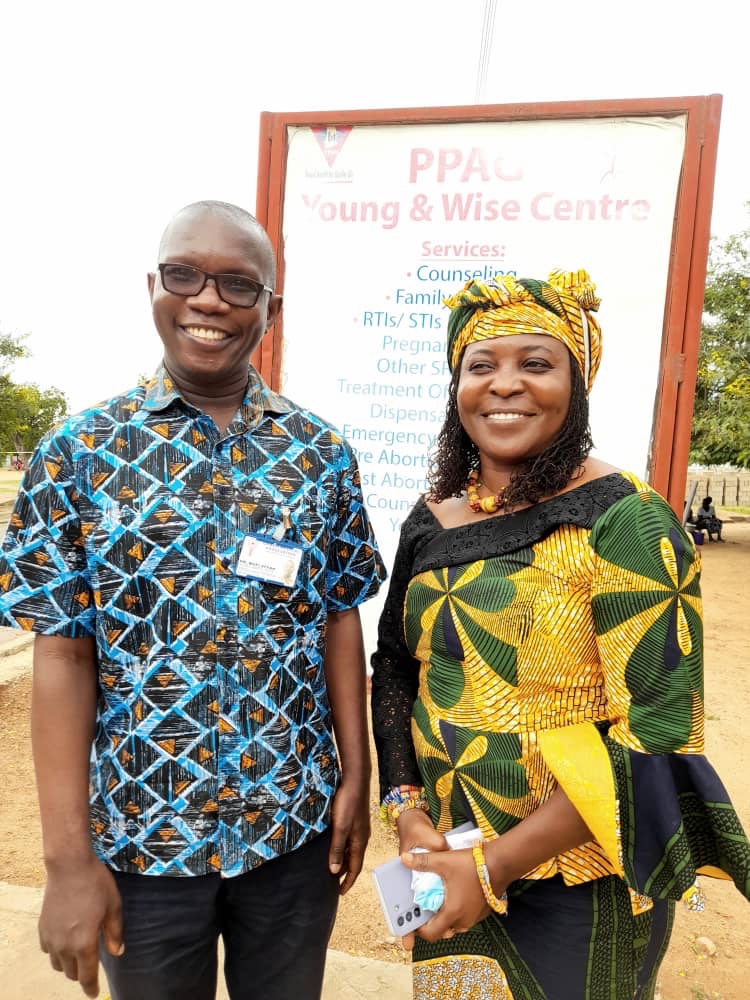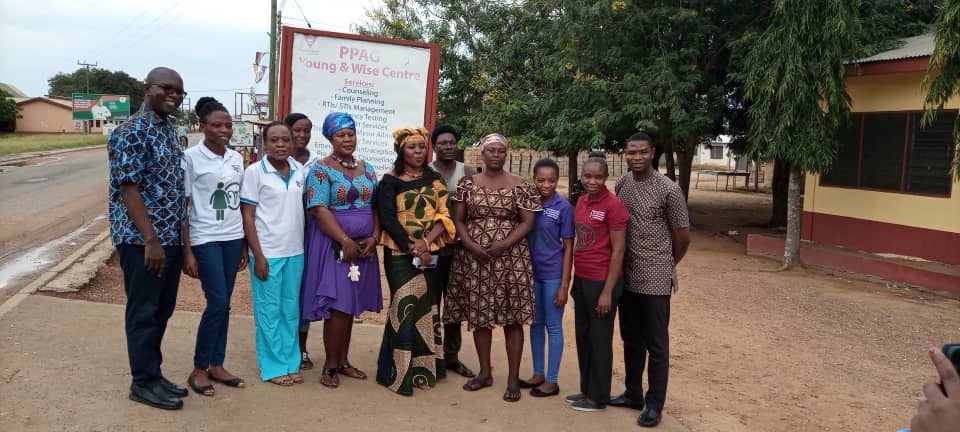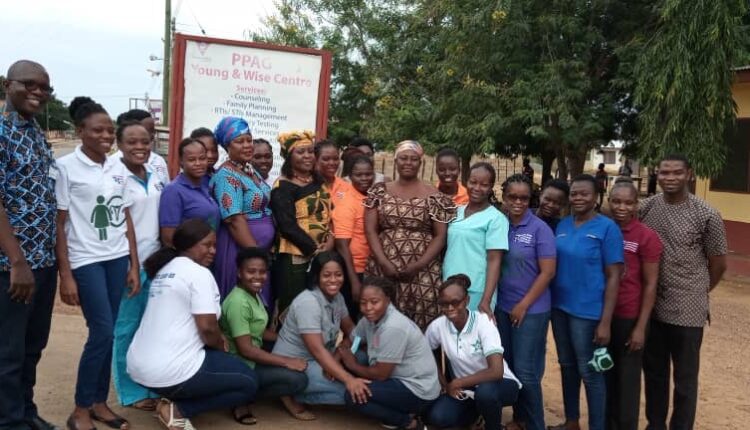Thursday, June 17, 2021.

Eleven years ago, I had a disagreement with a Professor who insisted that Ghana can only win the fight against cervical cancer through a programme like what is found in the United Kingdom where women are invited through a central register. His point was that without a central register, Ghana could not have a national programme. I argued that if Ghana was to wait for a central register to start a screening programme nationwide, we could be waiting for a long time. I believed the key to reaching out to women across the country was a community-based programme using the Community-based Health Planning Services (CHPS) and whatever community registers we have instead of waiting for a central register to copy the ‘call-recall system’ in the UK. My point was that the UK with all its success story had a coverage of about 80% of eligible women. I believed that we could achieve similar or better coverage using a simple approach – the CHPS compounds and the Community Health Nurses who stay in the communities and can recruit women for screening through home visits, which is part of their schedule.
A decade on, it seems many agree that a decentralised approach using the CHPS is the way to go. In the North Tongu District of the Volta Region of Ghana, the Cervical Cancer Prevention and Training Centre (CCPTC), opened in 2017, has trained some 150 health workers across the country. The CCPTC continues to train health workers across the country. The philosophy is to have community-based screening programmes across Ghana even if there is currently no central register. Earlier this year training in breast cancer screening was added to the programme at the CCPTC. This means health workers who are trained at the centre can now offer cervical precancer screening with Visual Inspection with Acetic acid (VIA) and also perform clinical breast examination to screen for breast cancer.
The North Tongu District operates a ‘hub and spokes’ model for cervical cancer prevention where several peripheral institutions including CHPS compounds and Health Centres with trained health workers (the ‘spokes’) screen women and refer positives to the CCPTC in Battor (the ‘hub’). An innovative approach by the CCPTC is that Included in the cost of training for each trainee is the cost of screening 15 women by VIA. This means some women do not have to pay to be screened. This ensures that there are always clients for trainees to screen to get hands on experience. The CCPTC uses this opportunity to offer ‘free’ screening services to women in communities in the district and nearby districts. This reaches out to many women who could otherwise not have been able to pay from their pockets to be screened.

The North Tongu District Director of Health Services, Ms. Delali Annie Ofori, and the District Public Health Nurse, Mr. Elagbe Goka, are working with the CCPTC to ensure that all communities in the district are covered by this innovative approach. If cervical cancer screening in Ghana is covered by the National Health Insurance Scheme in future, with the capacity built across the country, many women will benefit from a community-based cancer prevention approach.
It is amazing the kind of community mobilisation that can happen when community leaders are involved. The Member of Parliament of the constituency, Mr. Samuel Okudzeto Ablakwa has been very supportive of the programme. He purchased an HPV DNA testing machine for Catholic Hospital, Battor and organised and paid for a week-long cervical precancer screening for women in the district as his appreciation of women on Mother’s Day in May this year. The Queen Mother of Mepe Traditional Area in the North Tongu District, Mamaga Adzor Sreku IV, has been actively involved in mobilising the women for the screening through the Assemblyman. On Wednesday, June 16, 2021, the outreach service by the CCPTC in Mepe with 14 trainees (13 from the Upper East Region) had in attendance the Queen Mother, the District Public Health Nurse and the Assemblyman. Fifty five women had cervical precancer screening with VIA. Two were positive. Fifty one women had clinical breast examination. Three women had breast lumps and will be followed up in the Department of Surgery in Catholic Hospital, Battor.
The North Tongu District has shown that cervical and breast cancer screening can be achieved through community-based programmes in Ghana. Where there is a will, there is a way.
Dr. Kofi Effah is a gynaecologist and head of the Cervical Cancer Prevention and Training Centre in Catholic Hospital, Battor in the North Tongu District of the Volta Region of Ghana.

